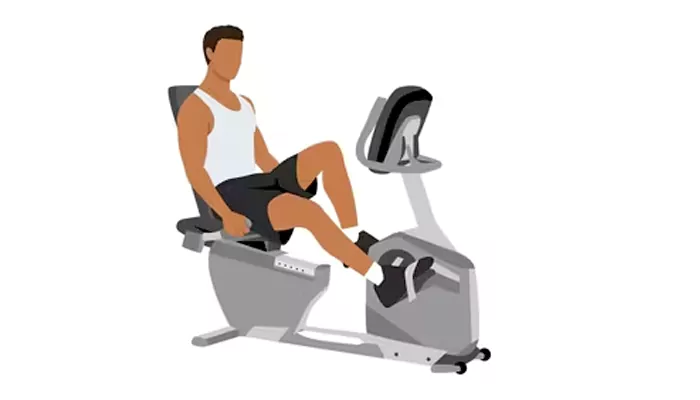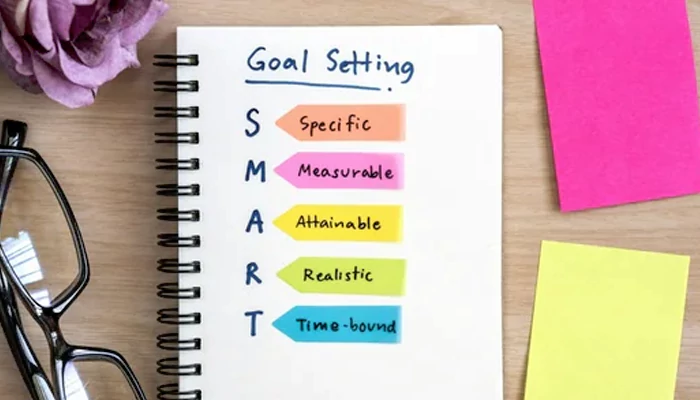
Being fit and healthy is no rocket science—just make a few simple lifestyle changes, and you’ll be amazed at how far consistency can take you.
“If you improve by just 1% every day, you’ll end up 365% better by the time the year ends.” This quote might sound like a simple math trick, but when it comes to health, it’s absolutely spot on. The idea of getting fit often feels overwhelming—visions of intense gym routines, strict diets, and a complete lifestyle overhaul can make anyone want to give up before even starting. But the truth is that being healthy isn’t about doing everything all at once. It’s about doing small things every day that add up to big results. You don’t need to flip your life upside down. Just tilt it slightly in the right direction, and over time, you’ll be surprised by how far you’ve come.
It's World Health Day today, and needless to say, there's no better time to think about your well-being. So, let’s discuss some simple but effective lifestyle changes you can adopt to move towards a healthier, happier version of yourself.
Take the Stairs—Your Heart Will Thank You
That elevator might save you 30 seconds, but the stairs could add years to your life. Research published in the European Heart Journal found that stair climbing, even for a few minutes daily, significantly improves cardiovascular fitness and reduces the risk of heart disease.
Why it works: Climbing stairs is a form of vigorous physical activity that boosts your heart rate, burns calories, and strengthens your legs and core—all without needing a gym.
Tip: Start small—try taking the stairs for just one floor a day. Gradually build it up, and soon it’ll become second nature.

Dine Early—As Akshay Kumar Does
Bollywood superstar Akshay Kumar, known for his discipline and fitness, has often spoken about his habit of eating dinner by 6:30 PM. “I finish my dinner by 6:30 PM and I’m in bed by 9,” he revealed.
The science behind it: Eating early gives your digestive system enough time to rest before you sleep. According to a study in Nutrients Journal, eating closer to bedtime is linked with poor digestion, weight gain, and disturbed sleep.
Long-term benefits: Better metabolism, improved sleep quality, and lower risk of lifestyle diseases like obesity and diabetes.
(Credit: Viralbollywood)
Notably, once in a while, you can skip dinner as well and do intermittent fasting. But for that, please discuss it with your doctor first.
Soak in Some Nature Daily
Spending time with nature is like a reset button for the body and mind. A walk in your nearby park, watering your plants, or even just sitting under a tree can do wonders.
What studies say: Research from the University of Exeter shows that spending at least 120 minutes a week in nature is associated with better physical and mental well-being.
Bonus: It helps reduce stress, anxiety, and even lowers blood pressure. Plus, a little morning sunlight boosts Vitamin D levels—essential for immunity and bone health.

Hydrate Smartly—Don’t Just Drink Water, Time It
Yes, we’ve all heard “drink more water.” But did you know when you drink it matters too?
Why it’s important: Drinking a glass of water 30 minutes before meals aids digestion. Starting your day with warm water can flush out toxins and kickstart metabolism. Avoiding water immediately after meals helps your body absorb nutrients better.
Quick Tip: Keep a reusable bottle with you at all times. Infuse it with lemon, mint, or cucumber if plain water feels boring.

Get Moving Every Hour - Too Much Sitting Ruins Your Body
Indians, especially those with desk jobs, are increasingly becoming sedentary. Even if you work long hours, you can sneak in short bursts of movement.
The science: A study in Diabetologia found that taking just a 3-minute walk every 30 minutes can reduce blood sugar spikes and improve overall energy levels.
Try this: Set an hourly reminder to stretch, take a short walk, or do a few squats. Your body—and brain—will feel refreshed.

A still from ‘Taxi Driver’ – but you get the point!
Prioritize Sleep—Don’t Compromise on Rest
In our fast-paced lives, sleep often takes a backseat. But your body does most of its repair work while you’re asleep.
What experts say: The Indian Journal of Psychiatry notes that adults need at least 7-8 hours of sleep for proper brain and body functioning. Lack of sleep is linked to weakened immunity, memory issues, and even heart problems.
Create a routine: Stick to a consistent bedtime, avoid screens an hour before sleeping, and create a calming night ritual like reading or meditation.

So, this World Health Day, let’s commit to these tiny habits. Because sometimes, the smallest steps lead to the biggest changes.













